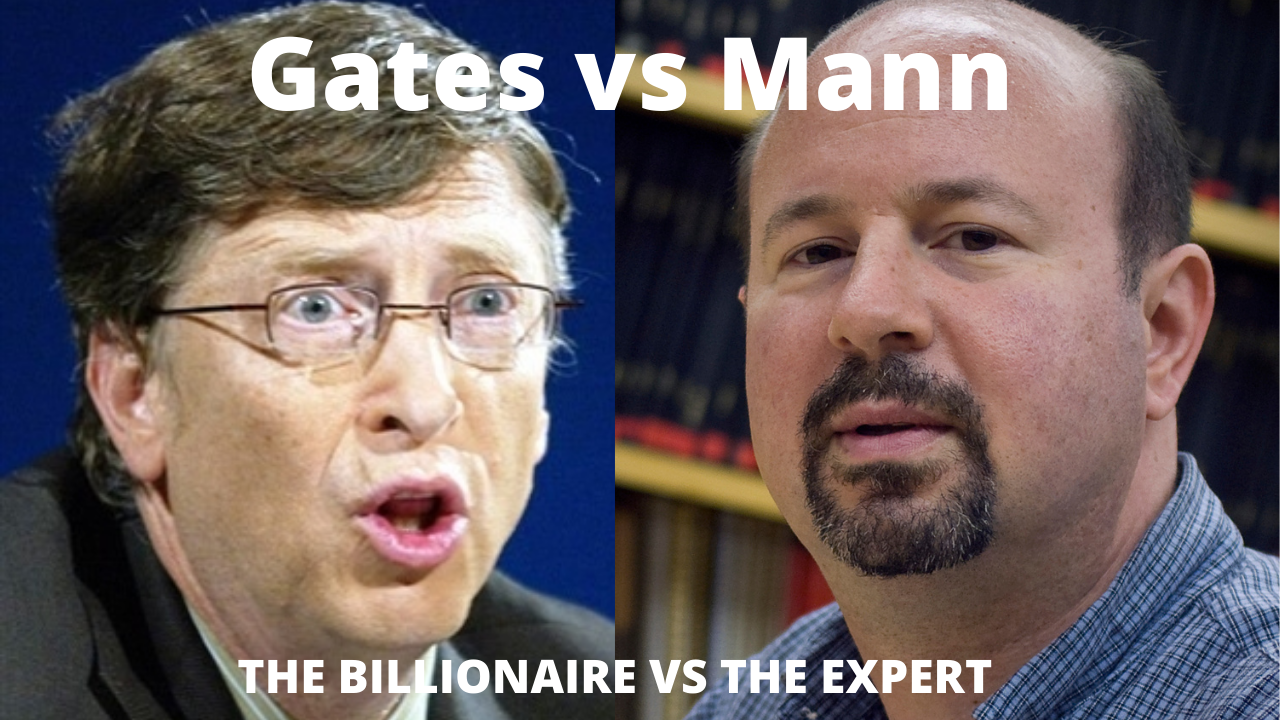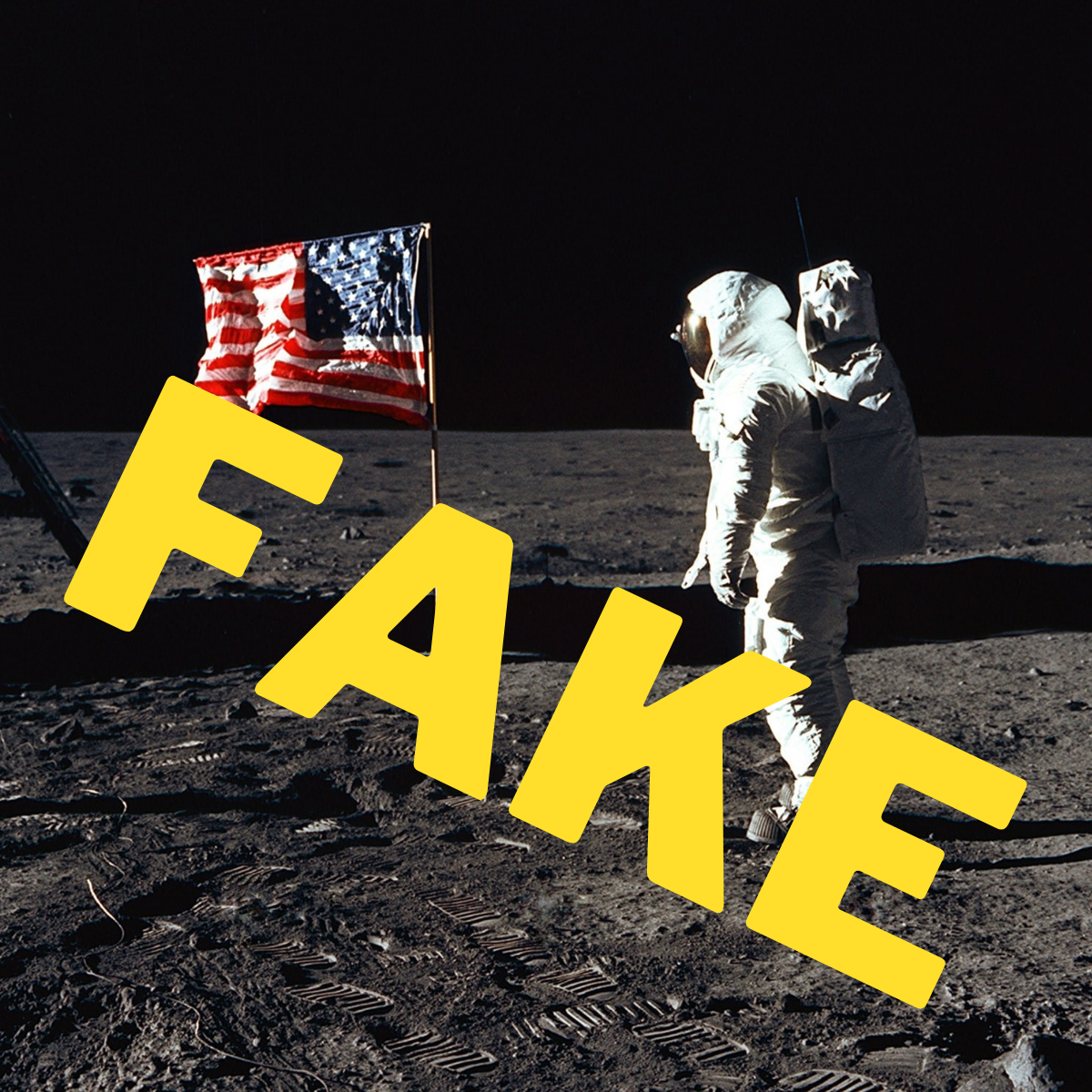Suppose an asteroid was heading to Earth, what might we do? Supposing it was a metaphorical asteroid? Would we look towards billionaires to save us?
One tech billionaire warned about the dangers of a pandemic. Another tech billionaire seemed unconcerned (no names, but if you musk guess... ) Other billionaires are trying to explore space. It was large corporations, technologies such as genome sequencing and AI, and scientists who developed vaccines for Covid that gave us hope in the fight against the pandemic.
Whilst an aforementioned billionaire tells us the fix to climate change involves geo-engineering, scientists like Michal Mann and Mark Jacobson tell us that the fix to climate change partly lies with scaling up technologies already invented.

I am no movie critic, my criteria for deciding whether a movie (or TV series) is any good is simple. If I leave the cinema without reference to the movie and ask, “what shall we do now?” Then I know it is no good. If we talk about the movie, then that is a good sign. If I find myself thinking about it the following day, then that is a better sign, and it is better still if I find myself thinking about it a week later. The big test is whether I watch it twice.
Movies I have seen multiple times include Pulp Fiction, Jungle Book and Jaws. In the last 18-months, TV programmes I have watched multiple times include Queen’s Gambit and Get Back.
I haven’t watched ‘Don’t Look Up’ twice yet, but I do find myself thinking about it rather a lot.
I confess that I wasn’t planning to watch it — I felt I had seen it after watching the trailer. “I don’t need to watch it,” I reasoned. I get the metaphor; I understand that the movie is a metaphor for climate change and describes Covid/vaccine denial pretty well; why do I need to see it?
I only changed my mind after reading comments on social media.
From the trailer, I thought the jokes looked predictable, and so they were. But the movie as a whole wasn’t as predictable as I was expecting, and though many people say they only watched the first thirty minutes, I thought the second half was rather good and the ending packed in many surprises.
What Don’t Look Up lacked was Bruce Willis drilling holes or a Gerard Butler racing against time (in Greenland), but that was the point. Don’t Look up was a metaphor for reality, not a ‘hero saves the world/his family).’ movie.
The power of fiction
After watching it, one thing that came home to me was the power of fiction. The message of the movie was simple. Leonardo di Caprio, Jennifer Lawrence, Meryl Streep and Cate Blanchet could have made those points with the aid of PowerPoint in about five minutes.
But as the very best political commentaries demonstrate (1984, Brave New World, and Fahrenheit 451), if the tale takes the form of a fictitious narrative, it becomes several orders of magnitude more effective. (Note; to tell the story of how technology will change the world for better or worse, maybe Techopian needs to publish short stories with a dystopian, utopian theme. Don't watch this space.)
Preaching to the converted
My biggest concern is that I think the wrong people watched it.
Let me explain.
Fans of conspiracy theories, convinced they are gifted with a higher sense of critical thinking, will probably not watch it, and so the climate change and Covid deniers and vaccine naysayers will say the movie was simplistic. This is a pity as the movie demonstrates that the population is influenced and confused by celebrity rather than credibility. It also demonstrates that the facts are the facts, and even the most hardened conspiracy theorists could learn from the movies end.

But then again, they probably won’t, as they probably won’t see it.
Cult of billionaires
Don’t Look Up is also about the Cult of Billionaires as the sociopathic, maybe psychopathic, Peter Isherwell (played by Mark Rylance) sees a business opportunity in the comet. He is backed by politicians and media who put the ideas of a billionaire above peer-reviewed papers by scientists and choose to believe the businessman over the boffin.
But it turns out that the billionaire didn’t care about the greater good; he was okay, he had a backup plan.
I do not doubt that some billionaires are totally lacking in empathy, but the majority like to think they are working towards the betterment of humanity — and some of them may even achieve that, even if some of them do lack empathy and are somewhat sociopathic.
To defeat climate change and Covid, we need science. I don’t think we should put scientists on pedestals — and most probably don’t want to be placed there, anywhere. But we do have to move away from the cult of the billionaire, they don’t deserve their pedestals, and if we put them there, we are foolish; we just need to look around to see the dangers.






Related News
The tyranny of rightwing snowflakes and far-right wokism
Mar 14, 2023
Unconscious bias 1930s Germany and the BBC
Mar 14, 2023
Microsoft CEO says AI can reduce inequality
Jan 24, 2023